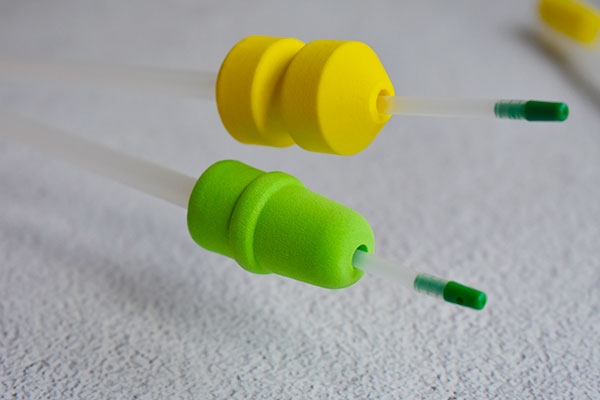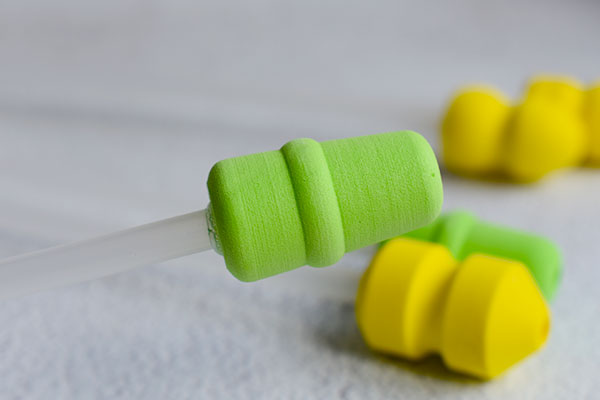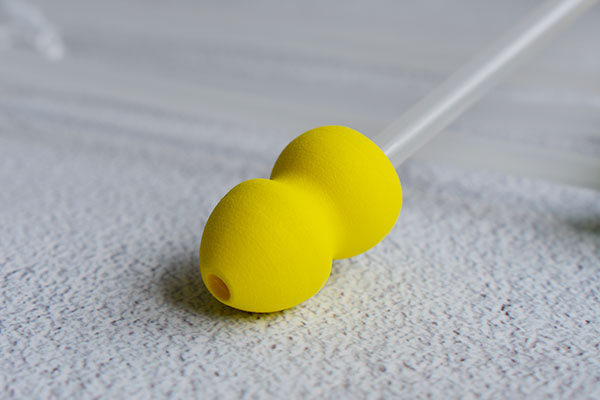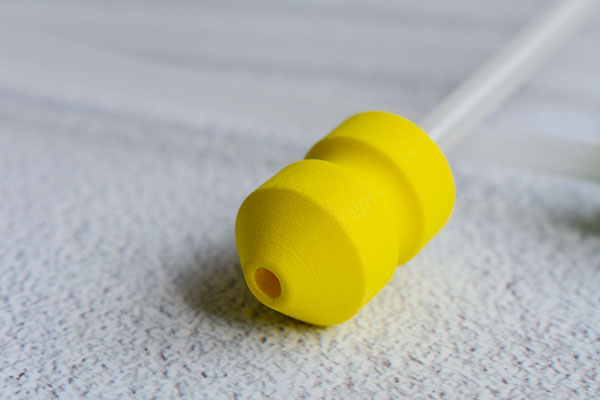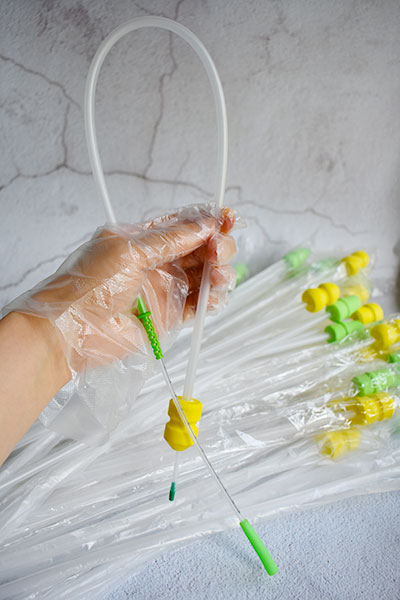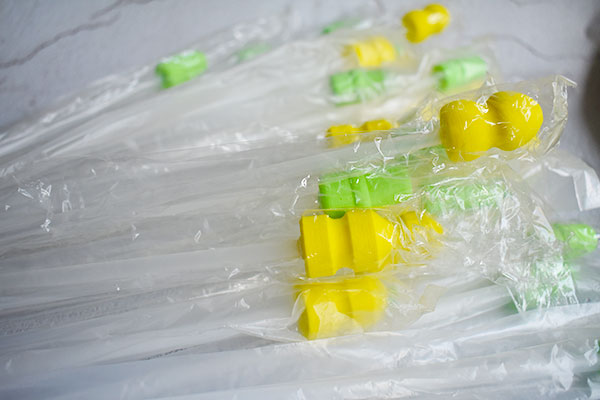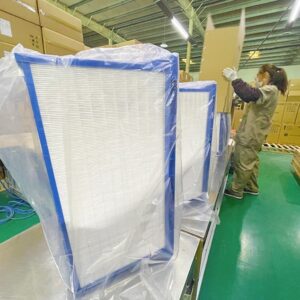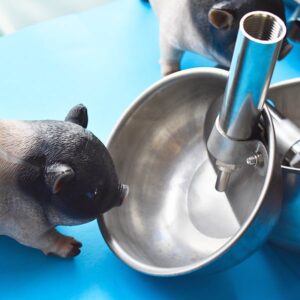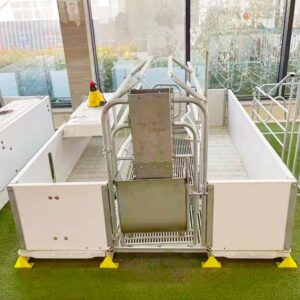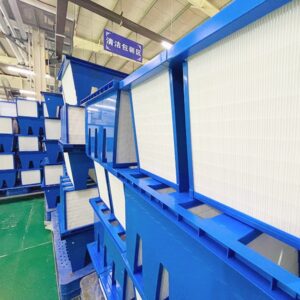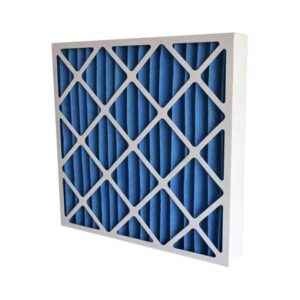Product Video
Product Introduction
Product Description
Sow Pig Farm Artificial Insemination Sponge Vas Deferens
Artificial insemination (AI) in pigs is a common practice in modern swine breeding, used to improve genetic selection and enhance reproductive efficiency. The role of the vas deferens in the process is related to sperm collection and delivery, though the actual insemination procedure bypasses the vas deferens.
Artificial insemination (AI) in sows offers numerous benefits, both for breeding management and overall production efficiency.
Genetic Improvement
AI allows for the use of high-quality semen from genetically superior boars, leading to better traits in offspring. These traits might include growth rate, feed efficiency, reproductive performance, and disease resistance. Artificial insemination enables rapid dissemination of desirable genetic traits, accelerating genetic improvement in the herd.
Disease Control and Biosecurity
Reduced Disease Transmission: Since AI involves collecting semen from boars and then inseminating sows, it reduces direct contact between animals, minimizing the risk of sexually transmitted diseases and infections. This is particularly important in commercial pig farming, where disease management is crucial. With AI, semen can be tested for diseases before being used for insemination, ensuring the health of both the boar and sow.
Increased Reproductive Efficiency
One boar can inseminate many sows in a short period, greatly increasing reproductive efficiency. This eliminates the need to keep multiple boars and makes better use of superior genetics.
Artificial insemination allows for precise timing of insemination, ensuring sperm is deposited at the optimal time in the sow’s estrous cycle for fertilization, which can improve conception rates.
Improved Herd Management
AI reduces the need to house boars, which can be costly in terms of space, feed, and labor. Instead, boar semen can be collected in a controlled environment and transported to multiple locations. Boars can exhibit aggressive or disruptive behavior, especially in confined spaces. AI reduces the need for boar presence and the behavioral challenges associated with natural mating.
Greater Control Over Breeding
AI allows for more controlled breeding, enabling the synchronization of estrus (heat cycles) in sows. This can result in more uniform litters and better management of farrowing schedules.
Boars are not needed to induce estrus, as hormonal treatments and timing of insemination can be managed to optimize breeding and production schedules.
Cost Efficiency
Because artificial insemination reduces the need to maintain large numbers of boars, it lowers costs associated with boar feeding, housing, and care.
AI can improve overall fertility and reduce the need for culling underperforming sows. With better reproductive management, farmers can maintain healthier and more productive herds.
Longer Boar Lifespan and Better Sperm Use
Sperm can be collected, preserved (even frozen), and used later, allowing valuable boars to be used for breeding long after they would naturally be retired. Semen can be diluted and extended, allowing a single ejaculate to be used to inseminate multiple sows, increasing the utilization of high-quality sperm.
Improved Animal Welfare
Artificial insemination eliminates the need for direct mating, which can sometimes be stressful for sows. This non-invasive method helps reduce animal handling and stress levels. AI ensures that sows are inseminated under controlled conditions, which can lead to higher conception rates and healthier pregnancies.
Flexibility and Convenience
With AI, semen can be frozen and stored for future use, offering flexibility in breeding schedules. This also allows for the transportation of semen across long distances, facilitating the exchange of genetics between farms or even countries. AI eliminates the need for physical mating, reducing the risk of injury to both sows and boars, which can occur during natural mating.
Environmental and Sustainability Benefits
The ability to use superior genetics efficiently means that fewer animals may be needed to produce the same or even higher-quality offspring, potentially reducing the overall environmental footprint. By using frozen semen, it’s possible to maintain genetic diversity without having to continuously keep and feed large numbers of boars.
The steps and working principle of Artificial Insemination of sows
Here’s an overview of how AI works in pigs and the role the vas deferens plays in sperm collection:
Sperm Collection: The boar’s sperm is typically collected manually or through an artificial vagina. During collection, sperm from the epididymis and vas deferens are harvested. The vas deferens contracts during ejaculation to propel sperm into the urethra.
Semen Processing:
After collection, the semen is usually diluted and preserved, depending on whether it’s going to be used fresh or frozen. Pigs’ semen is often extended with a special extender to increase its viability for transport and storage.
Insemination of Sows (Female Pigs):
The insemination procedure involves depositing the semen into the sow’s reproductive tract, typically using a catheter that is inserted into the cervix. The semen is then released near the cervix, where it travels to the uterus, and fertilization can occur.
The vas deferens in this case is not involved in the artificial insemination procedure itself, as the sperm are collected and then artificially deposited into the sow. However, the function of the vas deferens in sperm transport is crucial during natural mating, and understanding its function can help optimize semen collection.
Considerations in AI:
Semen Quality: The quality of the sperm is vital for successful insemination. Factors like motility, morphology, and storage conditions can all impact fertilization success.
Timing: Insemination timing is crucial to ensure that sperm reaches the eggs at the right moment during the sow’s estrous cycle.
In terms of the vas deferens, while it plays a role in sperm transport during natural mating, artificial insemination bypasses the need for direct interaction with the vas deferens, focusing instead on semen collection and deposition techniques.
In summary, AI in pigs allows for significant improvements in genetic selection, disease control, breeding efficiency, and overall farm management. It has become an essential tool in modern commercial pig production, making it possible to maximize productivity, reduce costs, and maintain healthier animals.
Material EVA foaming materials, plastic, PE etc
Packaging sterilization: plastic bag packaging, ethylene oxide sterilization
Packing 100pcs/bag
Feature Disposable, Sponge, Deep, With End Plug
Product Pictures
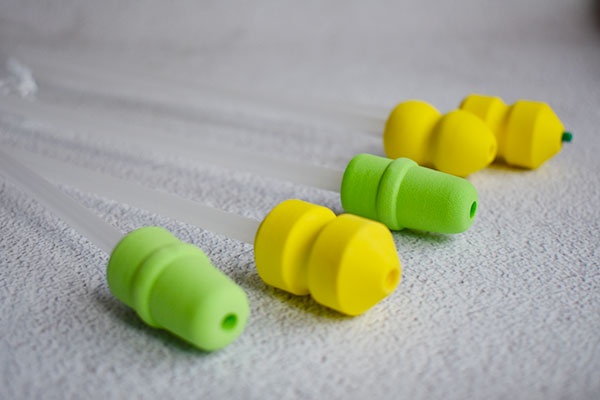
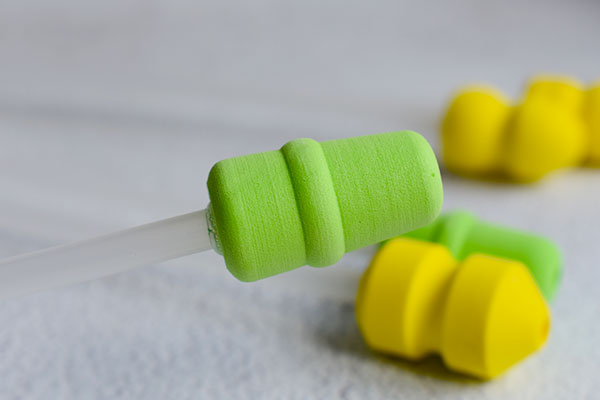
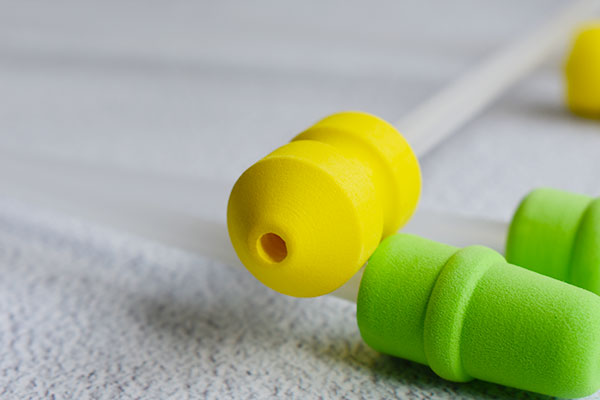
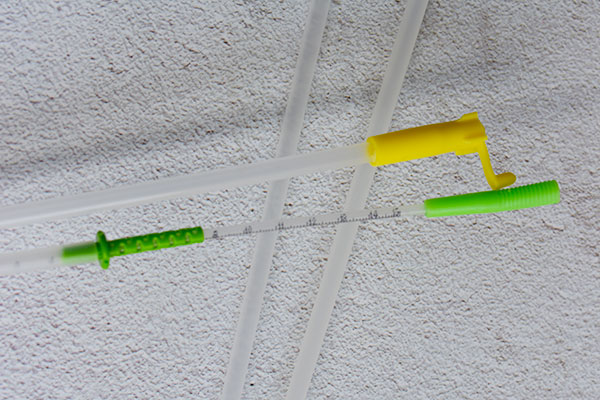
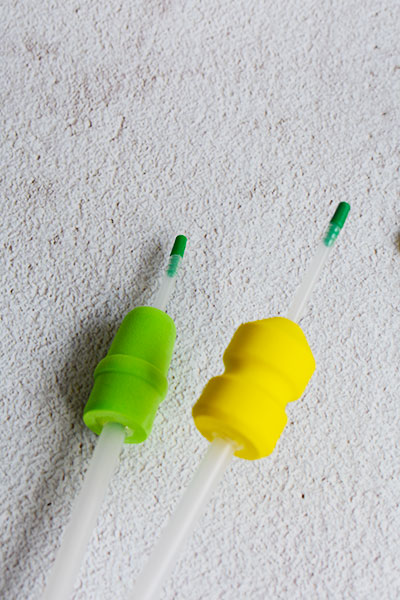
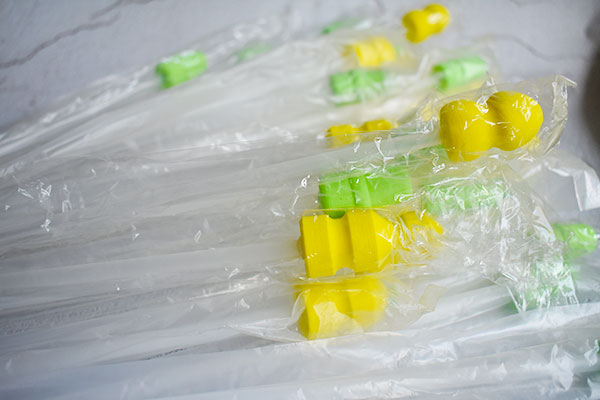
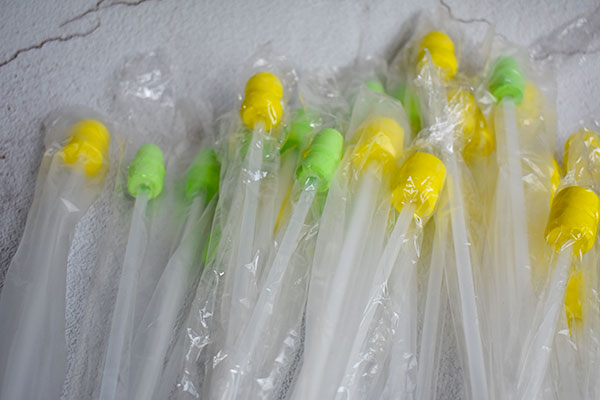
FAQ
A: No, according to customer needs.
A: The professional QC team will control the quality of the goods during all mass production, or if you wish, you can arrange a third-party inspection service. We will provide bulk samples for evaluation before shipment.
A: The sample is free, but the freight is payable. Please contact us in advance if you need samples. You can prepay shipping charges via PayPal or Western Union, and we will send samples as soon as we receive your shipping charges. Or you can provide your courier (DHL, TNT, etc.) account to us for pickup.
A: We can provide customers with full supervision of the procurement process and deliver the most satisfactory goods to them.
Accept delivery terms: FOB, CFR, CIF, EXW, CIP, DDP, express; Accept payment currencies: US dollars, Euros.
A: Yes, we do. We are a professional company in livestock farm products. We have a professional and strict quality control, we must provide you the best service for your need. Our product service department will keep in touch with customers and reply at any time.
Yes, we accept ordering samples to check quality. And mixing samples is acceptable.
A: For preparing samples, depending on the number of samples and process requirements, our preparation time is 1-7 days. International express delivery time is 3-7 days.
Related products
-
Air filtration Disinfection System Material And Products
5V Sub-High Efficiency Glass Fiber Air Filter For Pig Farm
-
Single Stomach Animal Products
Piglet Sow Farm Stainless Steel Water Drinkers
-
Single Stomach Animal Steel and Machinery Products
Sow Farrowing Pens Sow Positioning Bar
-
Single Stomach Animal Steel and Machinery Products
Pig Farm Farrowing Crates Pig Obstetric Table
-
Single Stomach Animal Products
Livestock Pig Farm Plastic Handheld Board
-
Air filtration Disinfection System Material And Products
5V Synthetic Fiber High Efficiency Air Filter For Swine
-
Air filtration Disinfection System Material And Products
Swine Pig Farm Primary Effect Plate Air Filter Element
-
Ruminant Farm Management Products
Cattle Cow Farm Split Ear Tag

